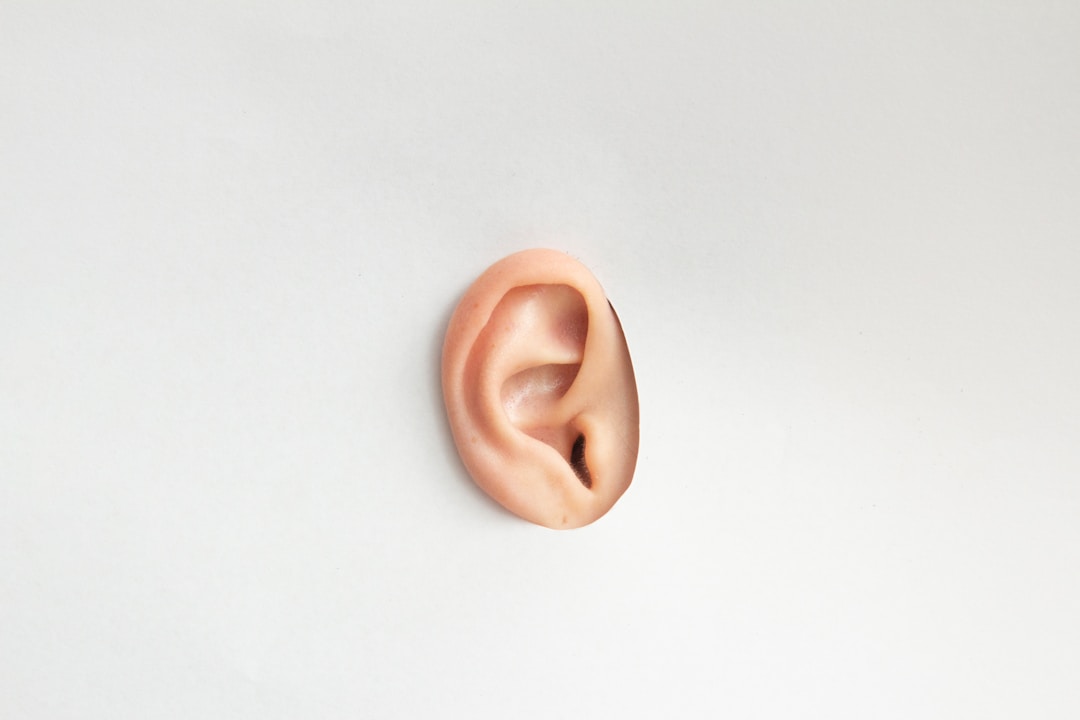Birth injuries (such as blood pressure concerns, headaches, muscle tearing, brain damage, and tinnitus) are an uncommon yet still fairly typical occurrence in new mothers in the United States. According to one report, the number of women who suffer any level of vaginal tearing during the birthing process is potentially as high as 80%. This could be typical of mothers with certain medical conditions shown in their own medical history, or it may be as a result of negligence on the part of your medical team. Even if you’re one of the lucky ones and make it out mostly unscathed, many new mothers report discomfort for weeks or months after their baby is finally welcomed into this world. Even then, mothers have to worry about birth defects as a result of negligence, such as cerebral palsy, nervous system trouble, or other birth injuries to the baby as a result of oxygen issues.
Doctors often wave off these concerns, telling women that this is all normal and a few days of rest should resolve any problems. However, this isn’t always the case. Whether you’re suffering from minor birth injuries or more extensive damage, there are some things that you need to know in order to jumpstart your recovery.
If your injuries are substantial, you may want to speak with a lawyer about your rights.

One of your first stops after leaving the hospital may well be to the office of a birth injury attorney in Chicago to go over your legal options if your injury is or was life-threatening or overly unnecessary. Attorneys will often provide free consultations on birth injury or medical malpractice cases. Seeking a verdict after a medical malpractice-related birth injury is your right as a woman and mother. You shouldn’t have to live through months of migraines, tinnitus symptoms, or nausea.
Unfortunately, many women are ignored by their doctors when they bring up the question of a C-section or their medical or family histories which can quickly lead to the suffering of migraines, dizziness, or even brain injury at the outer extreme. Doctors can sometimes be dismissive of women who voice serious concerns about family history or simply personal discomfort with the vaginal birthing process. While your doctor is certainly the medical professional with experience in this realm, they don’t have the right to simply wave off your concerns.
If you feel that you’ve been dismissed and then suffered an injury as a result of a doctor’s insistence on a particular course of action, then you should discuss these injuries with an attorney. Severe birth injuries can last for months (or even longer in some of the most extensive cases), and your pain and suffering, as a result, must be acknowledged and treated. While a doctor might suggest that births are complicated matters that always bring in some element of the unpredictable, there are many ways to alleviate the excruciating aftermath that leaves a woman suffering and vulnerable for an extended period of time.
Talk to a therapist after a birth injury.

All women should talk to a therapist after a traumatic birth. The World Health Organization (WHO) has identified postpartum mental health concerns as a global health priority, but it suggests in the same breath that “maternal mental health does not receive much attention even in the health systems of developed countries.”
Whether you’re a new mother living in Australia, Zimbabwe, or the United States, you deserve to be prioritized. The stressors that affect new mothers are something that the rest of society simply can’t see. Even mothers who have grown to see their children as the new normal often forget about the difficult transition from pregnancy to motherhood.
Speaking with a psychologist or therapist is a great way to make sense of the things you’re feeling and get yourself into a good headspace. Searching for “psychotherapists near me” is a great place to start in this search. Looking for a medical professional who’s in your local area and meets your care needs is something that all new mothers should consider, no matter how solid you’re feeling at the moment. Challenges to mental health can spring up without warning, so talking through your birthing experience with a medical professional who is trained to listen is a great way to ensure that you’re in a good place moving forward.
Speak with your physician about and lingering health issues, such as tinnitus.

Women sometimes find that they have lasting symptoms of tinnitus after giving birth. Tinnitus is damage caused to the tiny hairs in your inner ear. Typically, tinnitus is responsible for the buzzing or ringing noise in your ears after a loud concert or other damaging experience. Childbirth can create the same tinnitus conditions in an ear canal.
Utilizing a remedy that features all-natural ingredients, (like Tinnitus911), is the best way for you to treat mild to moderate cases of tinnitus. Tinnitus isn’t life-threatening in the same way that bleeding or mental health needs might be, but a tinnitus injury remains a significant problem in seeking out the same quality of life that you’re used to after giving birth.
Tinnitus can make many of the activities and hobbies that you enjoy much harder to participate in. Live music, sporting events, and even your new baby’s cry can all become severe headache-inducing events that take the joy out of life for someone suffering from tinnitus. Make sure you take any health issues, like tinnitus, that arise after giving birth seriously. Speak with a doctor, and work in a natural solution to the tinnitus-induced ringing noises you are subjected to for a full-spectrum antidote.
Birth injuries are a serious problem for women. Make sure you take steps to care for yourself and protect your mental and physical health with these remedies.
































